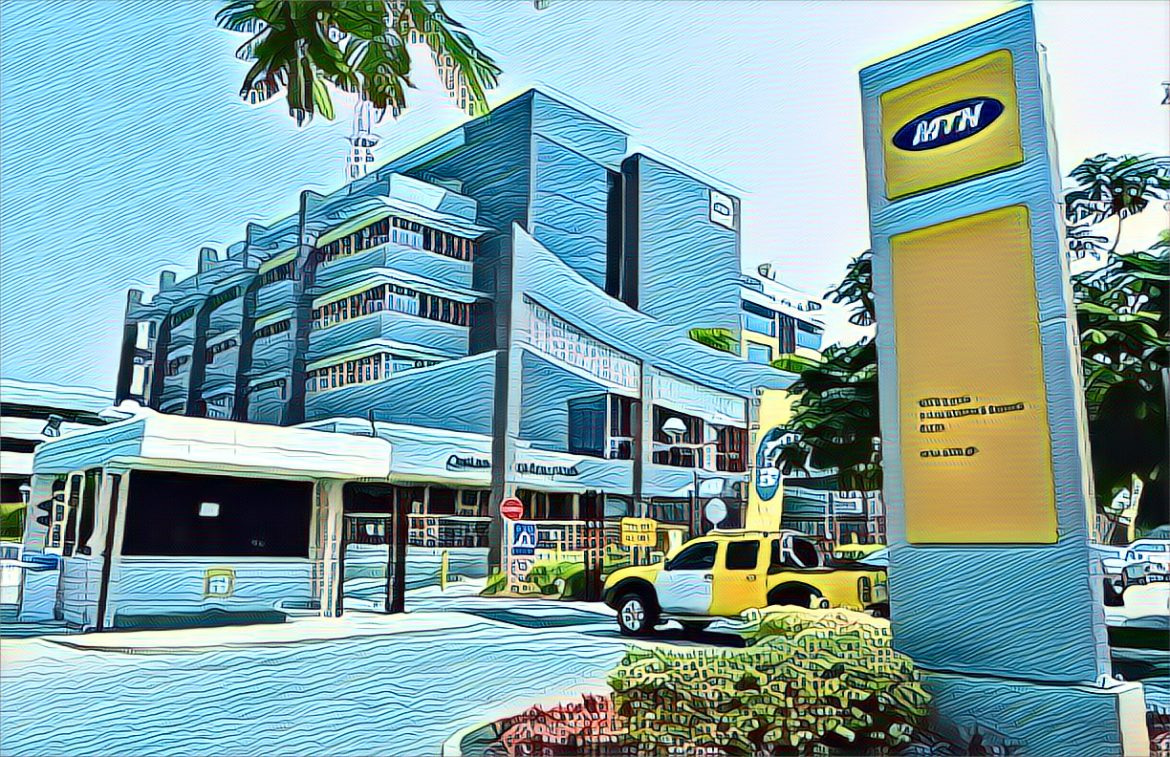MTN Ghana, the leading telecom operator in the country, has announced an upward review of its voice and data prices for most of its products and services. The new prices took effect on Tuesday, November 28, 2023, affecting both pre-paid and post-paid customers.
The operator said the price review was necessary due to increased operational costs and the need to sustain its business and make the required investments in the network and new innovations. MTN Ghana assured its customers that it would continue to offer reliable, innovative, and improved customer experience and that its promotions, offers, and loyalty schemes would remain.
The price hike comes at a time when Ghana is facing high inflation and currency depreciation, which have eroded the purchasing power of consumers and increased the cost of doing business. According to the Ghana Statistical Service, the annual inflation rate was 38.1% in September 2023, the lowest in 14 months, but still well above the central bank’s target band of 6% to 10%. The Ghana cedi has also been losing value against the US dollar, which has increased the cost of importing telecom equipment and services.
MTN Ghana is not the only telecom operator to raise its prices in recent months. In August 2023, AirtelTigo, the second-largest operator in the country, also increased its tariffs for voice and data services, citing the same reasons as MTN Ghana. Vodafone Ghana, the third-largest operator, has not yet announced any price changes, but it is expected to follow suit soon. The fourth operator, Glo, has a marginal market share and has not been very active in the market.
The price increases by the telecom operators have been met with mixed reactions from customers and stakeholders. Some customers have expressed dissatisfaction and frustration with the higher tariffs, especially in the midst of the economic challenges posed by the pandemic. Some have also accused the operators of exploiting their market dominance and colluding to fix prices. On the other hand, some customers have shown understanding and sympathy for the operators, acknowledging the difficulties they face in maintaining and upgrading their networks and services.
The telecom regulator, the National Communication Authority (NCA), has not intervened in the price review by the operators, as it has no mandate to regulate tariffs in the sector. The NCA has said that it only monitors the quality of service and ensures fair competition among the operators. The NCA has also urged the operators to be transparent and communicate effectively with their customers about the price changes and the reasons behind them.
The telecom sector is one of the most vibrant and competitive sectors in Ghana, contributing significantly to the country’s GDP and digital transformation. Despite the challenges, the sector has shown resilience and innovation, offering a range of services and products to meet the diverse needs and preferences of customers. The sector is also expected to benefit from the government’s initiatives to expand broadband connectivity and digital inclusion in the country, such as the Rural Telephony and Digital Inclusion Projects and the Smart City Project.




